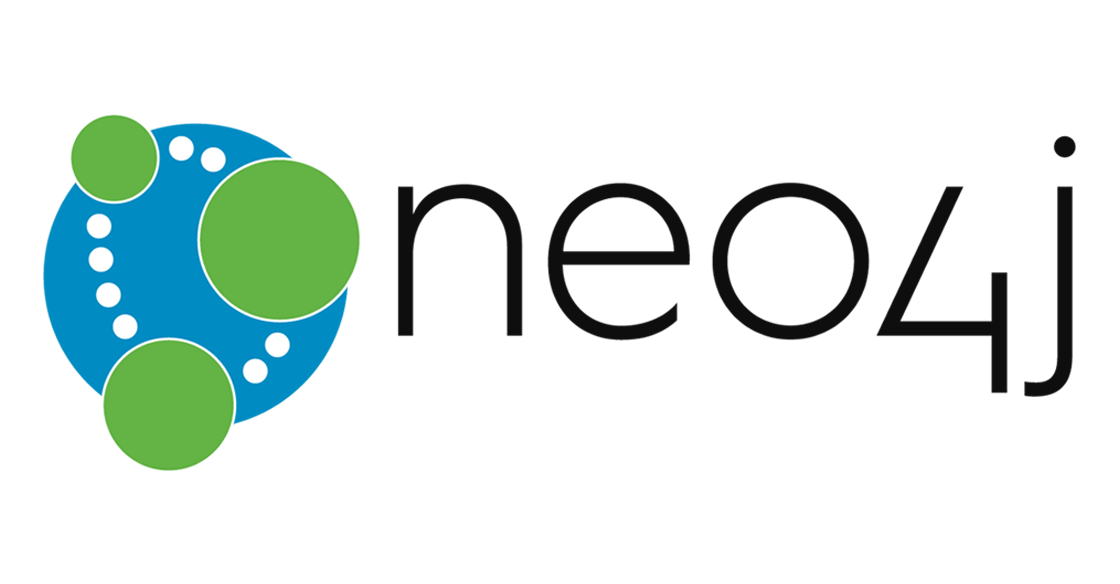Tag: PostgreSQL
How to Install Neo4j on Ubuntu 20.04

Introduction
In this tutorial, we will examine what Neo4j is, what it is used for, and how it is implemented. We will also install and configure the installation on an Ubuntu 20.04 server. Neo4j is a graphical database used to create data relationships. Other examples of graphical databases include:
How to Install MongoDB on CentOS 8
What is MongoDB?

MongoDB is a documented database management system that does not require the description of a table scheme. It is representative of a NoSQL based system (NoSQL is an approach to implement a scalable database storage system within a flexible data model), which uses JSON like documents and database schemas often used in web development. It is written in C, C++, JavaScript, and since it is cross-platform, it allows one to deploy it on any platform.
What is MongoDB?

MongoDB is a documented database management system that does not require the description of the table scheme. It is an example of NoSQL systems (NoSQL - this is an approach to implement scalable db storage with a flexible data model), MongoDB uses JSON like documents and a database scheme. It is often used in web-development along with Big data. MongoDB is written in C++, C, and JavaScript. It is also cross-platform, which lets us deploy it on multiple platforms.
How to Install MongoDB on CentOS 7
MongoDB is a NoSQL database intended for storing large amounts of data in document-oriented storage with dynamic schemas. NoSQL refers to a database with a data model other than the tabular format used in relational databases such as MySQL, PostgreSQL, and Microsoft SQL. MongoDB features include: full index support, replication, high availability, and auto-sharding.
How to Install Taiga on Ubuntu 16.04

Taiga is a free, open-source project management system. The back end consists of an API written in Python3 and Django, and the front end is written in AngularJS and CoffeeScript. Taiga can manage simple and complex projects, and also monitors the progress of a project. Taiga maintains logs that are displayed in the form of a worklist with all the functions and user stories added to the project.
Creating and Deleting a PostgreSQL Database on Ubuntu 16.04
PostgreSQL (pronounced “post-gress-Q-L”) is a household name for open source relational database management systems.
Its object-relational meaning that you’ll be able to use objects, classes in database schemas and the query language. In this tutorial, we will be demonstrating some essentials like creating, listing and deleting a database.
Install and Connect to PostgreSQL 10 on Ubuntu 16.04
PostgreSQL (pronounced “post-gress-Q-L”) is a household name for open source relational database management systems. Its object-relational meaning that you’ll be able to use objects, classes database schemas and in the query language. In this tutorial, we will show you how to install and connect to your PostgreSQL database on Ubuntu 16.04.
How To Install Discourse
What is Discourse?
Discourse is modern forum software that can be easily installed on your Ubuntu-based Liquid Web VPS or Dedicated server to create a vibrant community-driven discussion board. Some of the more popular companies using Discourse to power their communities are New Relic, Cloudflare, and Docker.
How To Install SQLAlchemy

The SQLAlchemy Toolkit and Object Relational Mapper is an extensive set of utilities for working with Python and databases. This toolkit provides a package full of popular persistence patterns, designed for economical and robust database accessibility. SQLAlchemy allows a developer to use simple SQL statements (unlike other Object Relational Mapping tools) which provide a helpful method to connect database tables with user-defined Python classes. The SQLAlchemy Object Relational Mapping tool is primarily centered on using the SQL Expression language.
How To Remove PostgreSQL
Sometimes during a software install, things can go sideways and you realize that not all the program downloaded or the installation was interrupted for some reason leaving you with incomplete files and empty directories. Honestly, this is a rare occurrence but it can happen from time to time. This then begs the question; So how do I completely uninstall recently installed software? In this tutorial, we’ll be safely removing PostgreSQL from our Liquid Web Ubuntu VPS server.
Our Sales and Support teams are available 24 hours by phone or e-mail to assist.

